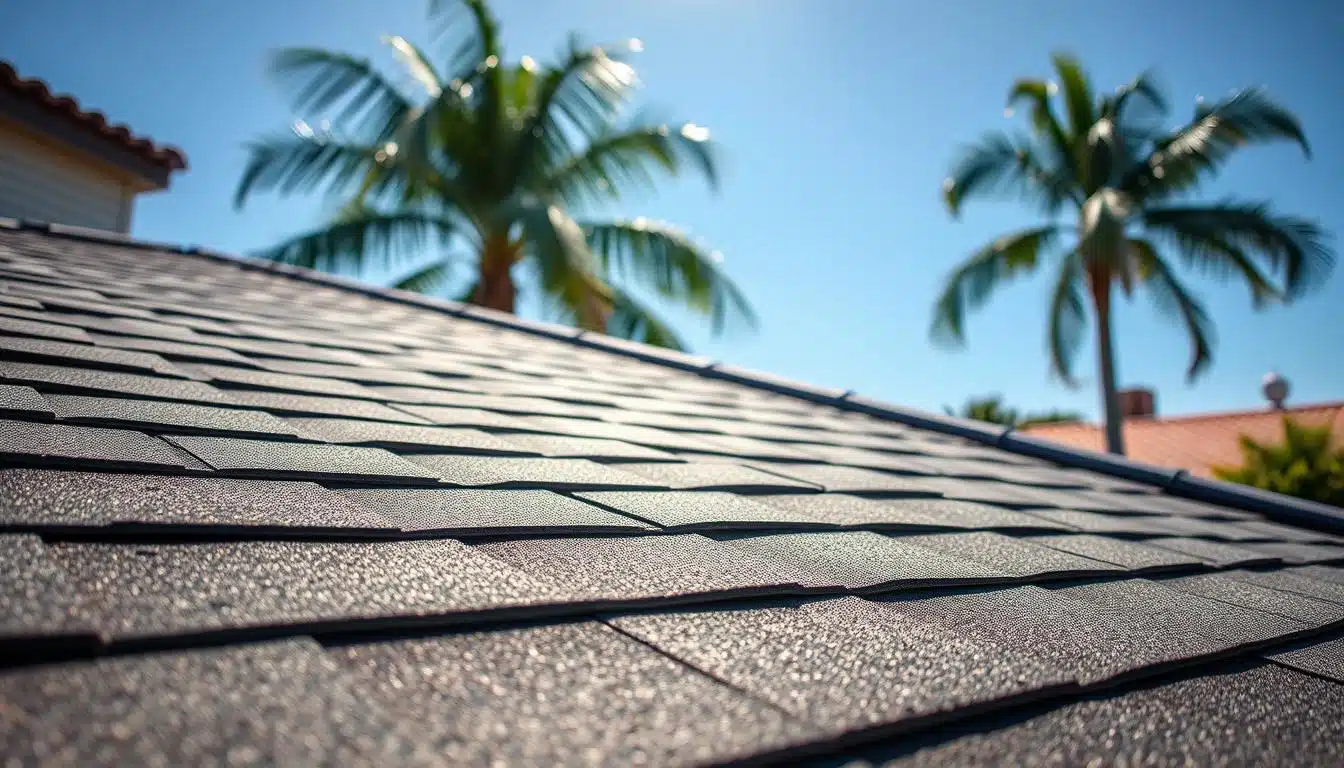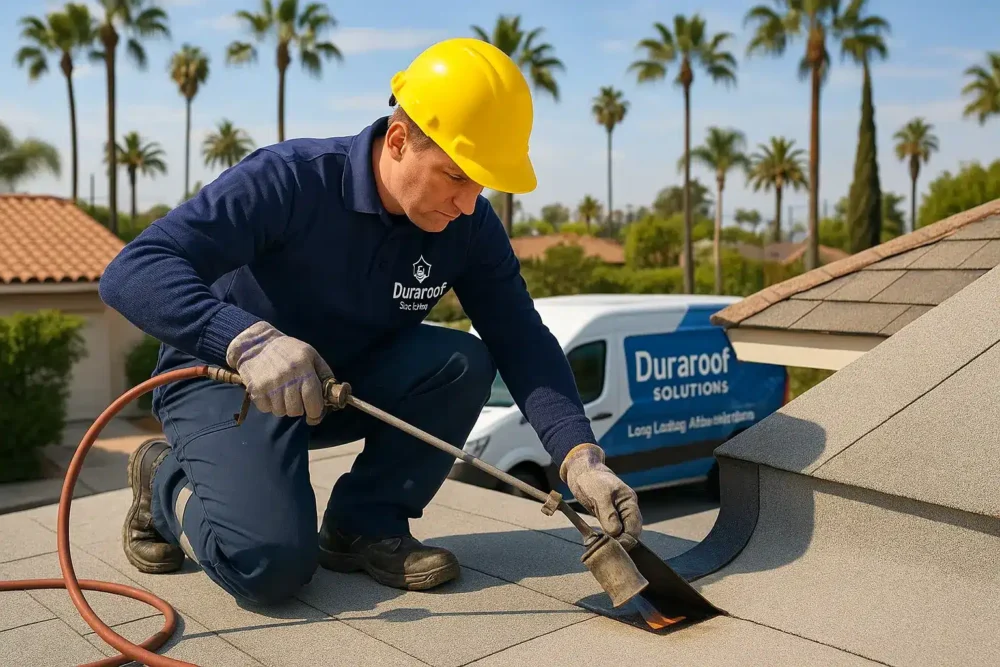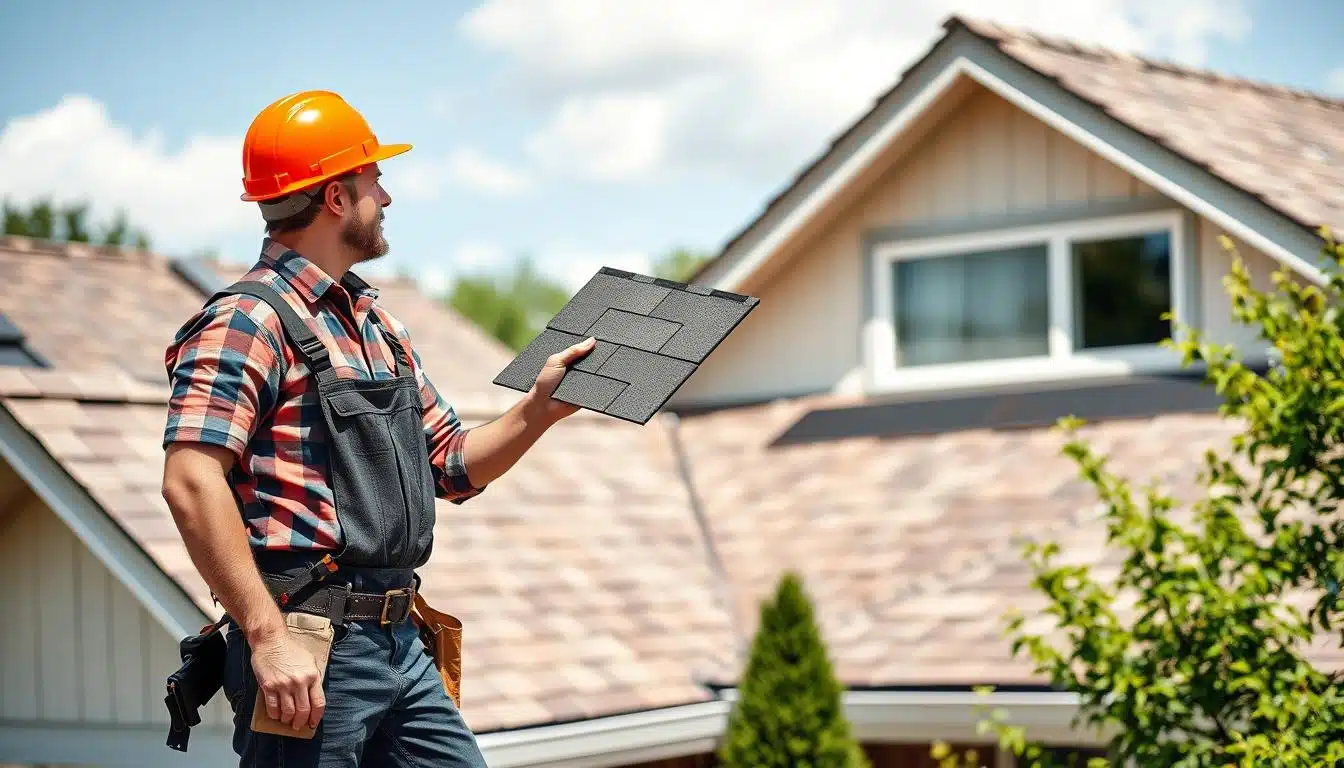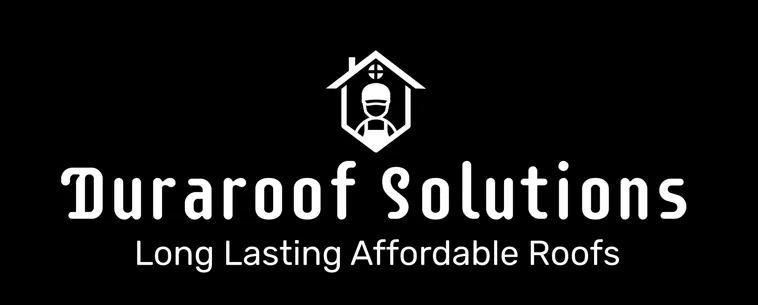Flat Roof Revolution: Ditch the Torch and Embrace the Future with PVC or TPO
For decades, torch down roofing, a system reliant on asphalt sheets fused with heat, has been the go-to solution for flat roofs. But times are changing, and advancements in roofing technology have revealed some drawbacks to this traditional method. Let’s explore why torch down might be past its prime and delve into superior options for your flat roof.

The Issues with Torch Down:
- Fire Hazard: The application process involves open flames, raising safety concerns and potentially causing burns or property damage during installation.
- Skill-Specific Installation: Proper torch down application requires experienced professionals with expertise in handling open flames and hot asphalt.
- Limited Lifespan: Torch down roofs, while durable, tend to have a shorter lifespan compared to newer options. They may develop cracks or leaks after 15-20 years, requiring repairs or a complete replacement.
- Environmental Impact: The asphalt fumes released during installation can contribute to air pollution. Additionally, disposing of old torch down materials can pose environmental challenges.
The Rise of PVC and TPO:
Modern flat roofs deserve modern solutions. PVC (polyvinyl chloride) and TPO (thermoplastic polyolefin) membranes offer a safer, more efficient, and longer-lasting alternative to torch down. Here’s why they might be the perfect fit for your flat roof:
- Safety First: Both PVC and TPO are installed using mechanical fasteners or heat welding, eliminating the need for open flames and reducing the risk of fire hazards.
- Quick and Easy Installation: These membranes are lightweight and can be installed more efficiently than torch down, potentially saving time and labor costs.
- Superior Durability: PVC and TPO boast impressive lifespans, lasting up to 30 years or more with proper maintenance. They’re also highly resistant to UV rays, punctures, and tears.
- Energy Efficiency: Both materials come in reflective white options, which can help lower cooling costs by reflecting sunlight away from your building.
- Environmentally Friendly: PVC and TPO are recyclable materials, and their installation process is generally less impactful on the environment compared to torch down.
Choosing Your Champion: PVC vs. TPO
Both PVC and TPO are excellent choices for flat roofs, but they have some key differences to consider:
- Cost: TPO is generally less expensive than PVC.
- Fire Resistance: PVC offers superior fire resistance, a crucial factor for some buildings.
- Chemical Resistance: PVC excels in environments with potential exposure to chemicals.
The Takeaway:
While torch down roofing has served its time, it’s time to embrace the future. PVC and TPO offer a safer, more efficient, and longer-lasting solution for your flat roof. Consult a qualified roofing professional to discuss your specific needs and find the perfect PVC or TPO option to keep your flat roof performing at its best for years to come.





